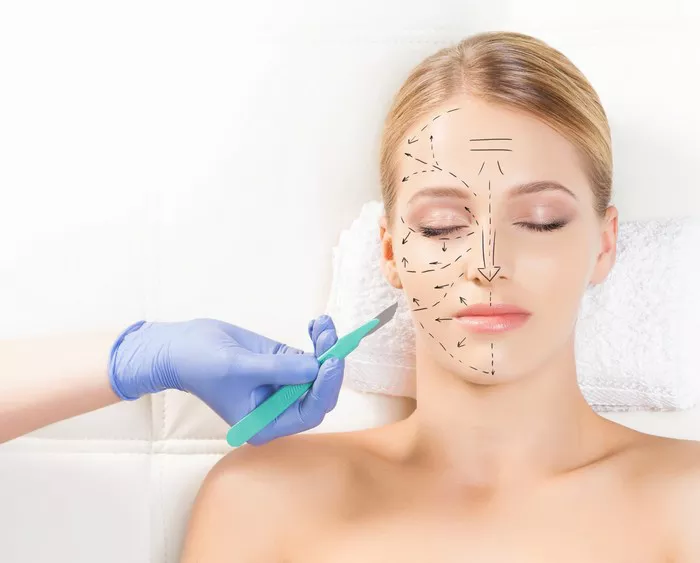A recent study has found a connection between the use of personal care products, such as lotions and hair conditioners, and elevated levels of endocrine-disrupting chemicals known as phthalates in young children. The study highlights differences in exposure levels across various racial and ethnic groups.
Phthalates, commonly used to enhance the flexibility and durability of plastics, are also found in some personal care products. These chemicals can interfere with the body’s hormones, raising concerns about their impact during critical developmental stages in children. Prior research has linked phthalate exposure in early childhood to developmental issues, including impaired brain function and behavioral problems.
Published in Environmental Health Perspectives, the study examined urine samples from 630 children aged 4 to 8. Parents reported the use of various skin care products within the previous 24 hours, revealing that certain products were associated with higher urinary phthalate concentrations. While similar findings have been documented in infants and pregnant women, this study focuses specifically on young children.
Dr. Lynn Goldman, a pediatrician and former EPA official, emphasized the need to reconsider the safety of phthalates in cosmetics, which have often been overshadowed by dietary concerns. The study also found racial and ethnic disparities in phthalate exposure. Hispanic and Asian children showed elevated levels linked to hair oils, while white children’s body lotion use was tied to specific phthalates, a pattern not observed in Black and Hispanic children. Overall, Black children had the highest urinary phthalate levels, raising concerns about beauty products targeted at communities of color.
Experts, including Dr. Shruthi Mahalingaiah from Harvard, stress the importance of understanding these exposures in vulnerable populations. With the rise of social media-driven skin care trends among tweens and teens, the study serves as a crucial reminder of potential health risks. Parents are encouraged to use resources like the YUKA app and the Environmental Working Group’s Skin Deep database to make informed choices about product ingredients.
However, Goldman argues that ensuring product safety should not fall solely on parents; regulatory agencies like the FDA and EPA must take action to scrutinize these chemicals and assess their cumulative effects on children’s health. Further research is necessary to clarify the long-term implications of phthalate exposure and to enhance protections for vulnerable populations.
You Might Be Interested In:

